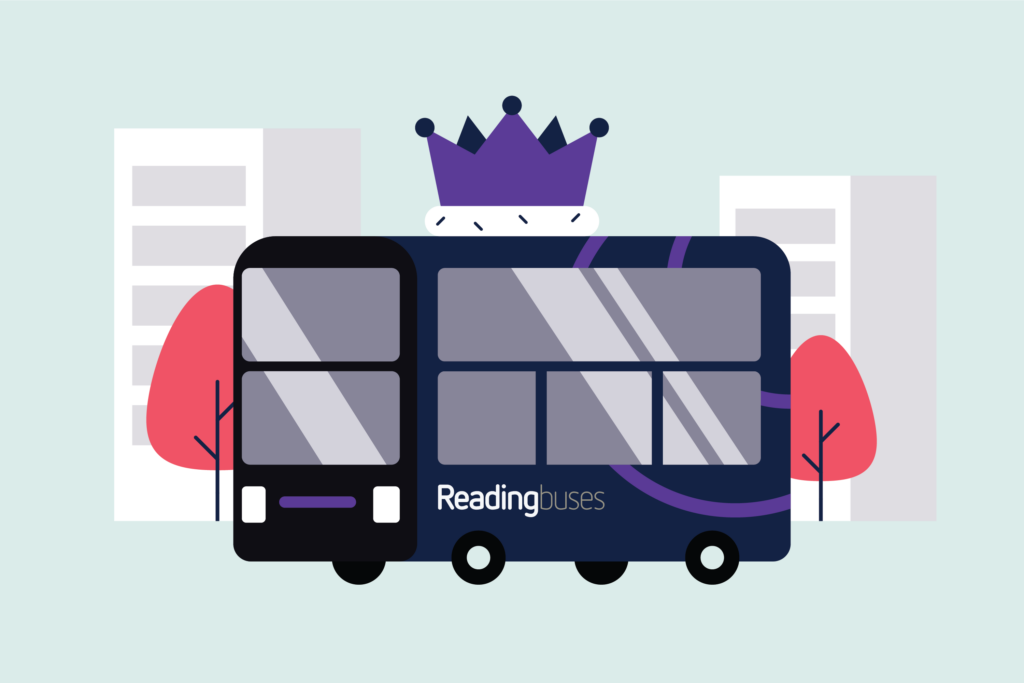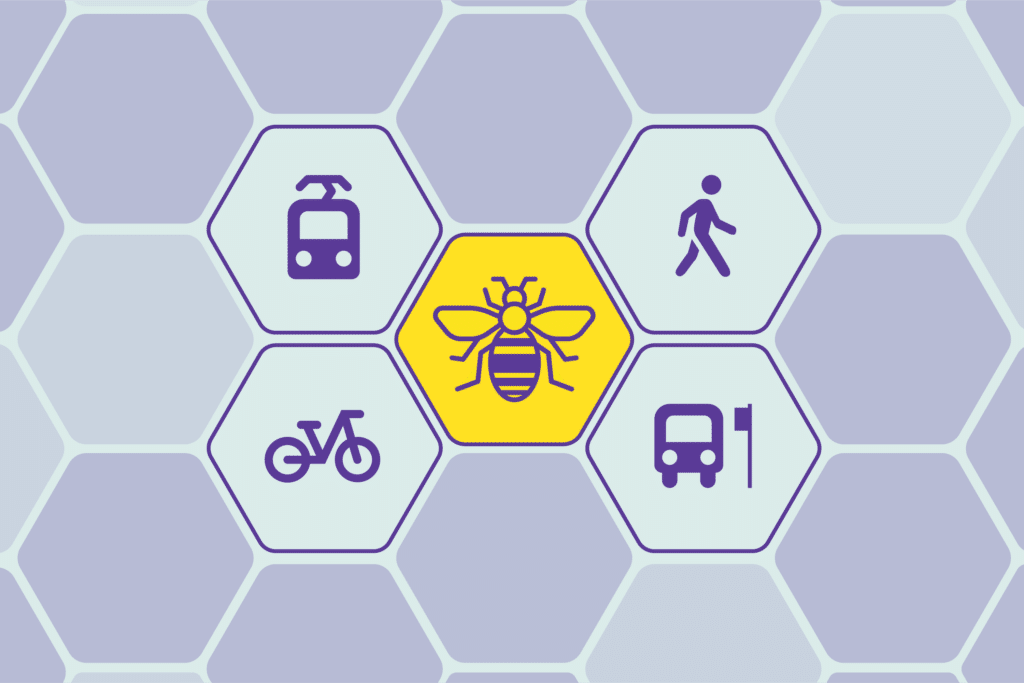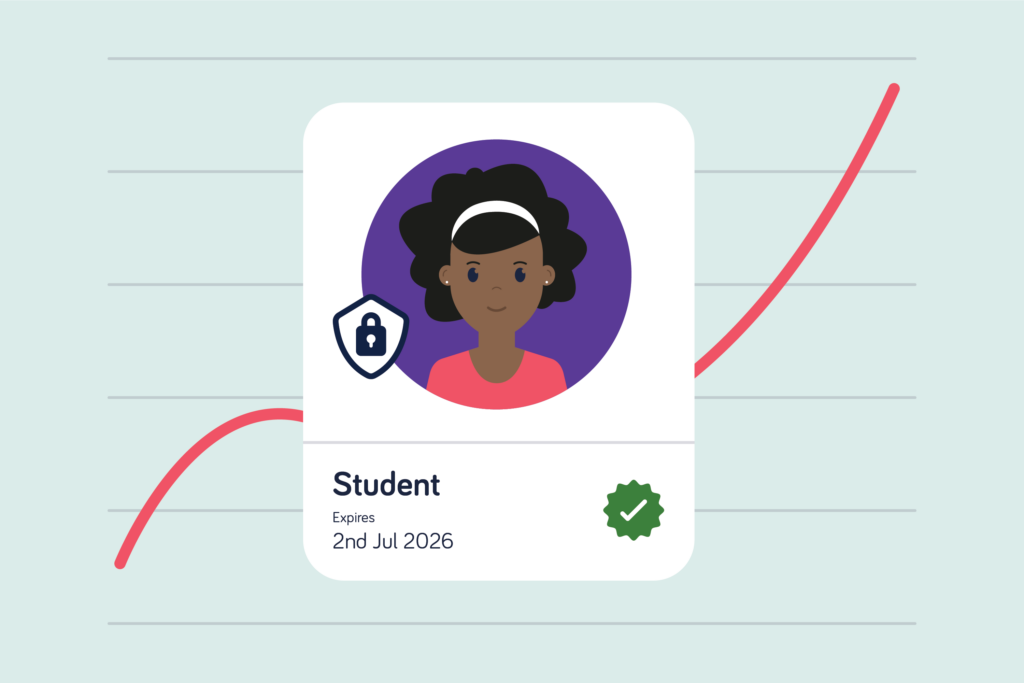2023 in review
As we approach the end of 2023, we reflect on what a busy year it’s been – not only for us at Passenger but across the industry as a whole. Join us in a look back at the most memorable moments this year.
31st Dec 2023



1 January – The £2 fare cap was introduced, with almost 150 operators taking part across England. Originally slated to run for just three months, it’s since been extended, extended again, and then frozen. The price was expected to rise to £2.50 from 31 October 2023, but will remain at £2 until 31 December 2024. Overall, around 10% of bus users report that they are travelling more as a result of the capped fare.
31 January – Transport Scotland marked the fulfilment of 45 million journeys in the first year of its free travel scheme for under-22s. Operators in Scotland have experienced significant growth in patronage and revenue as more than 60% of young Scots have taken up the chance to go free with a National Entitlement Card. More than a third of Scotland’s population (2.3 million people – including under-22s, everyone over 60 and disabled people) are now eligible for concessionary travel. On 24 October, the Scottish Parliament voted to extend entitlement to refugees, too.

2 February – The race to decarbonise bus fleets picked up pace when Stagecoach inaugurated the UK’s first ‘all-electric city’ in Inverness. Quick to follow were Perth and Dunfermline, giving Scotland a total of three cities with full networks of zero-emission buses. In England, landmark EV orders in Manchester and the West Midlands bring the UK’s second and third largest urban areas big steps closer to eliminating fossil fuels from their fleets by the end of the decade, and Coventry and Oxford are competing to become England’s first all-electric cities by 2025. Most recently, on 6 November, McGill’s hit the seven million mile mark with its 100-strong fleet of EVs.
15 March – Speaking of battery-powered achievements, TrawsCymru launched the UK’s longest electric bus route, the T1, between Carmarthen and Aberystwyth. The T1 won special commendation in the Best Bus Service category at the 20th National Transport Awards, and was shortlisted in the Enriching Customer Experience category at the UK Bus Awards. Research from Bus Users UK in April rated the TrawsCymru app (along with Cardiff Bus) with 99% accessibility scores, hailing the platforms as “extremely encouraging”.
21 March – The Department for Transport (DfT) set up the Bus Centre of Excellence. Backed by £815,000 of investment, its aim is to act as a forum for operators, authorities and other industry experts to share ideas, develop skills and encourage diversity across the bus sector.
3 April – Leicester Buses (the collective identity for the city’s Enhanced Partnership between operators and the local authority) launched Hop!: a free shuttle service which loops around the city centre, connecting destinations such as bus/train stations, shopping centres, the university and the royal infirmary. It runs with a batch of three electric midibuses manufactured by Yutong. The 18-month trial has generated an average of 1,500 passengers per day so far and is supported by the DfT’s Transforming Cities Fund.
2 May – Passenger launched a modern QR schema, making it easier for smaller operators to benefit from the advantages of QR codes in mobile ticketing. QR technology has enabled multi-operator mobile ticketing for ‘Glasgow Tripper’, now available in the McGill’s Buses and West Coast Motors apps. Mobile tickets can be scanned by operators with compatible readers, or can be visually validated by those that don’t.

6 May – Operators up and down the land dressed up buses in special liveries – sporting stylised crowns, royal cyphers and splashes of red, white and blue – to celebrate King Charles III’s coronation at Westminster Abbey. Then, on 1 July, actors playing His Majesty, Queen Camilla, and the Prince & Princess of Wales travelled from Hyde Park to Windsor aboard one of Reading Buses’ brand new London Line vehicles. The publicity stunt garnered lots of attention, showcasing these high-spec, low-emission buses fit for a king.
7 May – Go North East brought in a range of discounted tickets for young people aged 25 and under. The initiative, designed to nurture a new generation of bus users, is funded by the region’s BSIP. Some offers are additionally cheaper still for those aged 21 and under, including £1 single fares and £3 unlimited day tickets, which were introduced on 31 August. The day ticket is also multi-modal, meaning it can be used on buses, metros and ferries.
15 May – Stagecoach started running the UK’s first full-sized driverless buses on a 14-mile between Ferry Toll P&R and Edinburgh Park Station. The £6.1m project, officially named CAVForth, operates with five autonomous single-decks and is one of the most advanced trials of this technology in the world. Stagecoach have ambitions to expand similar trials to Cambridge and Sunderland.
16 May – Hydrogen buses took to the streets of Liverpool. This flagship scheme is owned and organised by the city region’s Combined Authority, and operated jointly between Arriva and Stagecoach. Hydrogen is still an experimental fuel on Britain’s roads, but officials in Liverpool believe the higher range will make it more practical than battery-electrics in the long-run. The 20-strong fleet is allocated to service 10A, Merseyside’s busiest bus route, which runs between Liverpool and St Helens. Inside, the vehicles boast the “gold standard” of passenger comfort and style – featuring everything from comfier seats and extra wheelchair capacity, to audio-visual information – integrated with train services – and a skyline frieze of local landmarks. The ‘Hybus’ project won bronze in the Environmental Innovation category at the UK Bus Awards.
22 May – TfL commenced operation of the full peak timetable on the Elizabeth Line. An incredible 24 trains run every hour at peak times, with 16 per hour during the day. More than 150 million passengers have used it in its first year. Whereas the new rail line was expected to abstract passengers from buses, TfL were pleasantly surprised to find a 5-6% boost for bus routes feeding into train stations, demonstrating latent demand for multi-modal transfers.
7 June – Edinburgh Trams opened its highly-anticipated extension beyond the city centre to Leith, Ocean Terminal and Newhaven. The project was a £207m investment, and construction took four years (including Covid-related delays). Trams run up to every seven minutes across the city, complement Lothian’s popular local bus network, and attract an annual ridership of just under three million. Passenger supplies the app for Edinburg Trams, and we’re proud that it was shortlisted for the Excellence in Travel Information and Marketing category at this year’s Scottish Transport Awards.
28 June – Brighton & Hove Buses embarked on its first major makeover since the 90s. The iconic red-and-cream livery was phased out in favour of a more modern teal-and-turquoise look. Adopting a new, colourful identity is intended to reflect the vibrance of the city’s diverse population. Passenger was on-hand to help them rebrand by taking care of details big and small across their apps and website.
16 August – VisitEngland promoted a selection of scenic bus routes across the country. From the X53 ‘Jurassic Coaster’, operated by First between Weymouth and Poole, to Go North East’s Ad122 (stopping at Hadrian’s Wall between Hexham and Haltwhistle), these seasonal services are timeless favourites among tourists. The routes prove that it’s perfectly possible to explore breath-taking landscapes and world heritage sites without going by car.
5 September – Bus Users UK teamed up with Ticketer and Women in Transport to kick off a campaign centred on Making Public Transport Even Safer. As part of Catch the Bus Month, they sought to encourage female ridership by improving safety with an action plan for passengers and guidance for operators. In a similar vein, Passenger completed research into Safer Walking Routes, with the goal to examine the perceptions of safety, and to start the ball rolling on how such a complex, subjective issue could be incorporated into a better journey planning experience in future.
6 September – Go North East’s ‘Toon Tour’ was crowned the best open-top tour in the UK. In a contest set up by Ticketer and conducted in a social media poll, the sightseeing circuit of Newcastle and Gateshead beat the New Forest Tour (which is run by one of their fellow Go-Ahead operator Morebus) by 62% to 38%.
20 September – Almost a decade after phasing them out, Liverpool City Council voted to restore dedicated bus lanes across the network. This coincides with the Combined Authority’s ambition to boost modal shift with ‘green bus routes’. A set of three lanes will be reinstalled on the northern, eastern and southern sides of the city. This will benefit services 53, 10A and 86 – which are among Merseyside’s busiest bus corridors. As well as dedicated space on the carriageway, traffic signals, bus stops and shelters will also be upgraded to reflect enhanced priority.
22 September – The Scottish Government launched its Community Bus Fund. The £5m pot complements new powers for local authorities to run their own local bus services in communities where private operators are unable to sustain a route commercially. On an even bigger scale, the UK Government announced £150m to boost bus services across the North of England and the Midlands. ‘Network North’ is a major new initiative to improve other modes of transport using money reallocated from cancellation of the northern leg of HS2.

24 September – Greater Manchester became the first UK city to use legislation to bring local bus services into a joined-up franchise operation. The ‘Bee Network’ represents the most major step change to the UK bus industry in forty years. Mayor Andy Burnham has touted plans to integrate buses with active travel, trams and, eventually, regional rail. Liverpool has announced it will soon follow suit, and other city regions have signified similar aspirations. The Welsh Government is also actively considering nationwide franchising, and new laws will soon take effect in Scotland to give authorities greater influence as well – with the options of partnership, franchising or municipalisation.
28 September – Passenger achieved ISO 27001 information security accreditation, underscoring its long-standing commitment to data security. This formal recognition was a significant milestone for our company. The journey involved meticulous planning to guide the whole business through a rigorous process. A multitude of benefits includes: enhanced data security, operational efficiency, risk mitigation and a robust framework to identify and deal with potential threats. This accreditation is by no means the end of that journey – but it’s certainly a big step along the way.

1 November – Reading Buses introduced contactless capping across its entire network. This payment method is designed to incentivise bus travel by guaranteeing that people will always be charged best value. It’s also intended to reduce dwell times at bus stops and get buses running more quickly and reliably. With our Contactless Journeys feature in the app and online, users can track how much they’re spending and saving in real-time.

10 November – Brighton & Hove Buses shared the positive impact of using in-app verifications to prevent fraud and protect revenue. With a large student population on their patch, they offer a range of discounted tickets in the app. With in-app verifications, students upload proof of their status and it gets saved to their account. As a result, boarding the bus is faster, simpler and more secure. Activating this security feature led to more than 25,000 successful verifications within the first year, and saw revenue yield increase by 13% as non-eligible customers reverted to full-price products.
18 November – Reading Buses signed up to offer free travel across West Berkshire, Wokingham and Bracknell Forest on selected Saturdays and Sundays in the run-up to Christmas. The promotion was organised in conjunction with local authorities and funded with BSIP money. Elsewhere, Brighton & Hove Buses will run more services on select routes on Christmas day itself, following a successful trial last year.
What a year! Lots of big achievements, exciting innovation and collaborative success across the board. All that remains is for us to wish you a Happy New Year from all of us at Passenger!
PS. If you’re thinking about a new role, we’re hiring! Join us in transforming access to public transport in 2024.

Newsletter
We care about protecting your data. Here’s our Privacy Policy.
Related news

Start your journey with Passenger
If you want to learn more, request a demo or talk to someone who can help you take the next step forwards, just drop us a line.